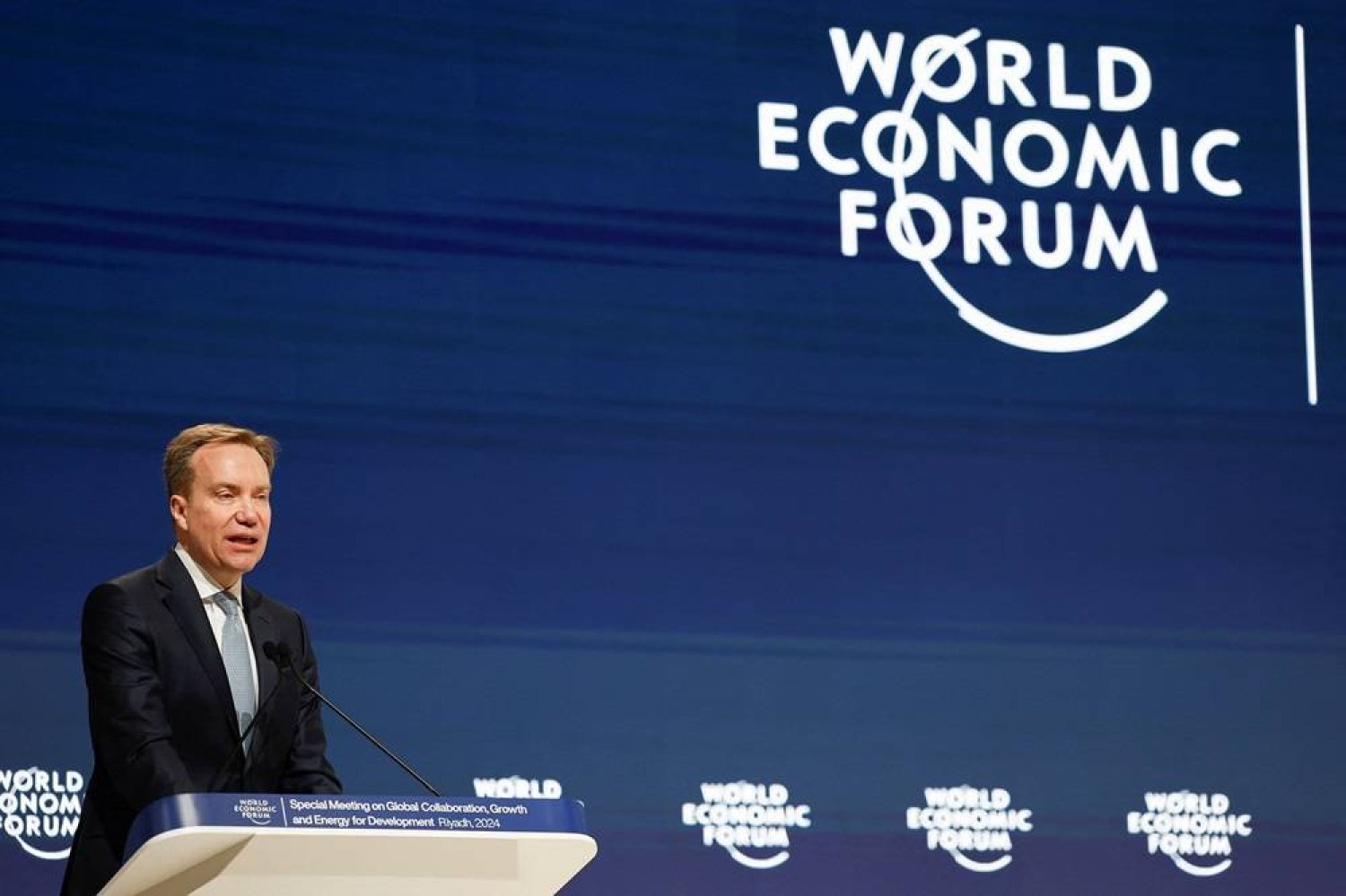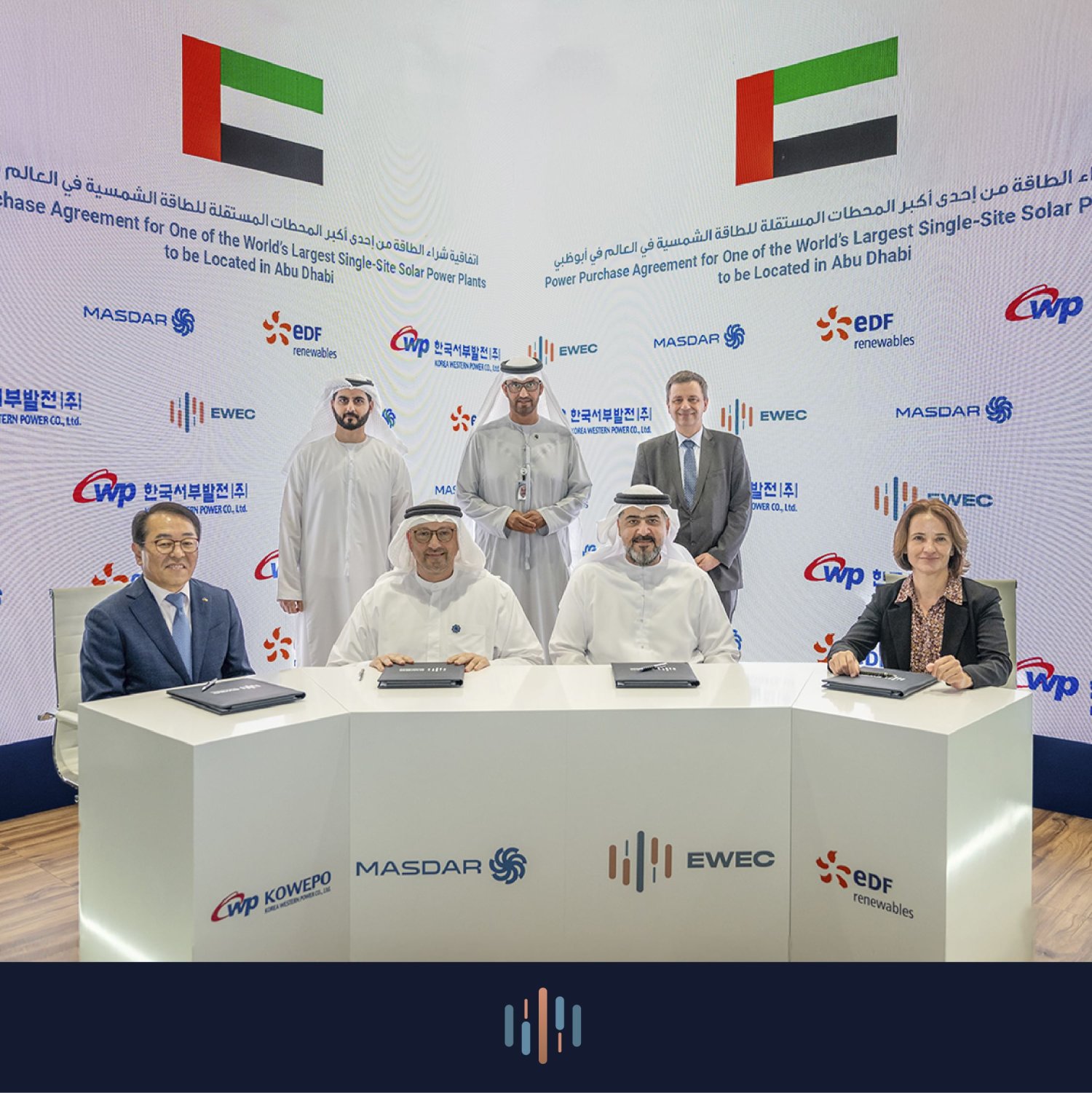The Saudi capital is hosting on Sunday the first global meeting of the World Economic Forum, under the patronage of Prince Mohammed bin Salman, Crown Prince and Prime Minister.
“It is the strongest summit outside of Davos to date,” according to Saudi Minister of Economy and Planning Faisal Al-Ibrahim, who was speaking on the eve of the meeting, which is held under the slogan “Global Cooperation, Growth and Energy for Development.”
The event brings together more than a thousand world officials from 92 countries with the aim of supporting dialogue and finding practical, collaborative and sustainable solutions to common global challenges.
Building on the inaugural Growth Summit in Switzerland last year, the meeting will promote a forward-looking approach to interconnected crises. It will also bridge the growing gap between North and South on issues such as emerging economic policies, energy transition, and geopolitical shocks.
This event comes three days after the issuance of the annual report of the Kingdom’s Vision 2030 in its eighth year, which highlighted the progress achieved by Saudi Arabia at various levels.
“Eight years after the launch of Saudi Vision 2030, we have demonstrated our readiness to lead the path towards an advanced model of growth based on transformation, characterized by innovation and sustainability. Our vision is to chart the path towards a prosperous economy based on knowledge and innovation, a path that unleashes the enormous potential of our human capital,” Al-Ibrahim told a group of journalists on Saturday.
He explained that most of the growth achieved by Saudi Arabia over the past years came from new economic sectors that the country started from scratch in accordance with Vision 2030, such as sports, entertainment and tourism, in addition to industrial sectors.
“The Kingdom is reviewing all of its priorities and adjusting them to suit its needs, and all projects are progressing according to plan and without delay,” he underlined.
In a joint press conference with the President of the World Economic Forum, Borge Brende, earlier on Saturday, the minister said the Kingdom has proven its ability to lead a sustainable model globally, noting that it has achieved a 20 percent economic growth since 2016, while the non-oil economy now represents 50 percent of GDP in 2023.
He continued: “At the global turning point we are living in today, strengthening international cooperation has become more important than ever. In cooperation with the Kingdom of Saudi Arabia as a partner for this meeting, the Forum has chosen a well-established and dynamic global platform for leadership of thought, solutions and business, to be the best host for this special meeting, in light of the exceptional circumstances.”
Al-Ibrahim noted that the special WEF meeting in Riyadh represents a unique opportunity to redraw development paths in all countries and adopt a new model of international cooperation that aims to overcome divisions and achieve common prosperity.
Brende, for his part, underlined the importance of the special meeting of the World Economic Forum, which is taking place at a crucial moment.
He said that in light of the geopolitical tensions and social and economic disparities that exacerbate divisions at the global level, international cooperation and meaningful dialogue have become more urgent than ever before.
He added that the Riyadh meeting provides an opportunity for leaders from various sectors and geographical regions to transform ideas into actions on the ground, and launch scalable solutions to many challenges.
Brende also said Palestinian President Mahmoud Abbas and a number of international officials will visit the Saudi capital this current week to hold talks aimed at pushing towards a peace agreement in Gaza.
He pointed to “some new momentum now in the talks around the hostages, and also for... a possible way out of the impasse we are faced with in Gaza.”
“This is more an opportunity to have structured discussions” with “the key players”, he said, adding: “There will be discussions, of course, on the ongoing humanitarian situation in Gaza.”
The meeting agenda focuses on three main topics, including international cooperation, comprehensive growth and energy for development.
According to a statement issued by the World Economic Forum, more than 220 public figures from more than 60 countries are participating in the meeting.
The WEF, in collaboration with the Saudi Ministry of Economy and Planning, is also organizing the Open Forum on April 28-29, concurrently with the Special Meeting on Global Collaboration, Growth and Energy for Development.
In a statement, the WEF said the forum aims to encourage dialogue and increase awareness on critical issues by providing a platform for ideas, thoughts, and questions to be expressed and tackled in an open environment. It welcomes students, entrepreneurs, young professionals and the general public to the discussion.
















